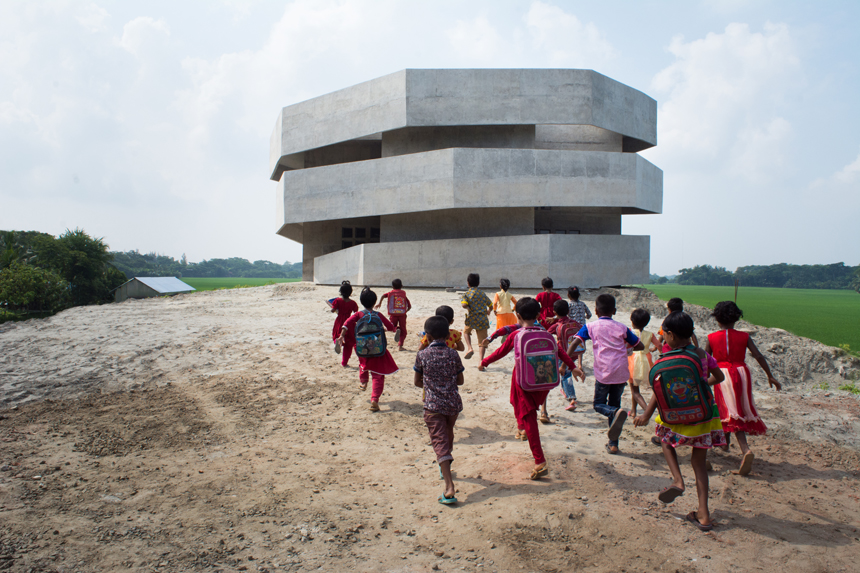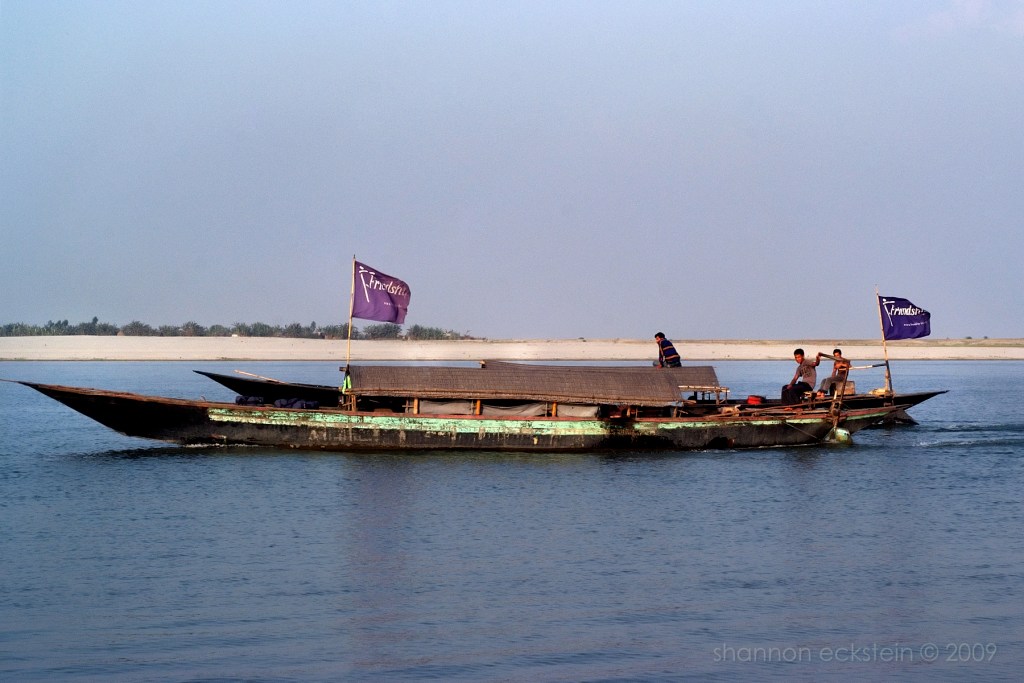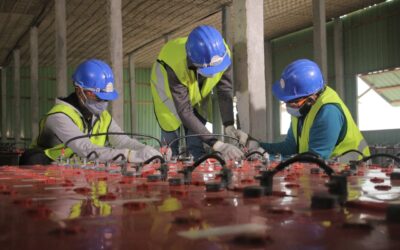The Principle behind Friendship’s Response to Emergencies
Radi Shafiq, Senior Manager, Friendship
In his 2012 book entitled “Antifragile”, the mathematical statistician Professor Nassim Nicholas Taleb introduces the world to the term “Antifragility”, which he defines as follows:
“Antifragility is a property of systems that increase in capability to thrive as a result of stressors, shocks, volatility, noise, mistakes, faults, attacks, or failures. Antifragility is fundamentally different from the concepts of resilience (i.e. the ability to recover from failure) and robustness (i.e. the ability to resist failure)”.
We have a word for things that break easily under shock: fragile. But until now we had no word for the exact opposite phenomenon—things that get stronger upon impact. This is what Taleb introduces. Antifragility is part of a spectrum that starts with resilience, is followed by robustness and ends with antifragility—making systems get better in tough times. New vocabulary enables us to grasp new concepts that would have otherwise escaped our sight—and this term can shed a new light on Friendship’s increasing impact over the years.
If we look back over Friendship’s track record, we see that every time there is a crisis, the organization steps up to the plate to increase its outreach. In 2007, the way we faced Cyclone Sidr—a tropical cyclone that resulted in one of the worst natural disasters in Bangladesh— laid the foundations for a coordinated and rapid response. The staff who were leading the response on the ground at that time are today all in leadership positions, bringing with them the same principles of quick response and holistic thinking.

In 2017, we had to respond to a massive and unprecedented influx of Rohingya asylum seekers. This was uncharted territory for Friendship. Literally overnight, the military atrocities in Myanmar escalated to a genocide, and hundreds of thousands of terrified and helpless people poured in. At the time, there was no infrastructure to accommodate this scale of distressed migration. Something needed to be one immediately. Before donations began to come in, our employees contributed to an emergency fund from their own salaries to start the operations.
The situation required us to navigate new rules, manage new liaisons, and build new partnerships.However, today we have the largest health program in the Rohingya camps among the Bangladeshi organizations. We found people who have grown into leadership roles. Our program, back office and services have gained new skills, discipline and robustness as a direct result of taking on this very tough challenge.
Looking back over the last five months, I can see the same pattern reappearing in our response to the Covid-19 pandemic. None of us could have prepared for such a scenario. In the past, we moved our staff physically to address the root of the problem. But this was an invisible enemy where any increased movement could make things worse. However, I saw the ED, Runa Khan, guiding the leadership team from very early on, repeating the same few lines, again and again:
“Make sure no one loses their job in this crisis.”
“Make sure that our staff are safe.”
“Make sure our community is safe.”
As a result, since the beginning of the pandemic the organization has already brought awareness, hygiene, and healthcare to more than two million people in the most vulnerable communities. On top of this we had to face Cyclone Amphan, northern floods, and the impending economic crisis. But at such a time, we found our leadership team coordinating more closely than ever before and introducing a more structured approach to planning. We stepped up communications with our partners with the introduction of weekly bulletins—which have been widely appreciated.
Why does this pattern keep reappearing? I think it is due to the way the organization was built from the very beginning. In 2002, we started with the toughest service—healthcare, something most non-governmental organizations would steer away from due to the complexity of starting and sustaining it. We were told to start with education or awareness—neither of which would involve as much risk. But we started with surgeries, alongside health education, knowing how important it is to establish the quality of work among the community. We also started in the toughest environment: the river islands, where there is no infrastructure, no access to regular legal protection, and even no stability of the land. Building our base in such an environment has meant that our decision making has always been very adaptive, while still being rooted in values and principles that do not sway, regardless of changes in the circumstances.

We had people telling us not to serve in these chars (river islands) because thugs and goons would target us, and no one could help us there. However, when we brought them the essential service of Saving Lives, we learned how to be in tune with the community, government and other parties involved, and how to deliver our services in the most effective way possible. We saw the whole community protecting us, with the flags on Friendship boats becoming symbols of security and hope in the area.
Friendship continues to be antifragile in the truest sense of the word—growing its impact with each shock it faces while remaining rooted in its values of integrity, justice, quality, dignity, and hope. I can only see this organization getting better with time. We do not wish for more shocks to come or more things to go wrong in the world, but, when they do, we know that Friendship has in its DNA the elements to overcome them and emerge even stronger to continue to serve the community.



